
Event Cancelled - Due to HPAI - Franklin County 4-H Embryology Marek's Vaccine Training and Clinic
If you are a 4-H agent or Program Assistant who will hatch out chicks with 4-H Embryology, please join …



El inglés es el idioma de control de esta página. En la medida en que haya algún conflicto entre la traducción al inglés y la traducción, el inglés prevalece.
Al hacer clic en el enlace de traducción se activa un servicio de traducción gratuito para convertir la página al español. Al igual que con cualquier traducción por Internet, la conversión no es sensible al contexto y puede que no traduzca el texto en su significado original. NC State Extension no garantiza la exactitud del texto traducido. Por favor, tenga en cuenta que algunas aplicaciones y/o servicios pueden no funcionar como se espera cuando se traducen.
Inglês é o idioma de controle desta página. Na medida que haja algum conflito entre o texto original em Inglês e a tradução, o Inglês prevalece.
Ao clicar no link de tradução, um serviço gratuito de tradução será ativado para converter a página para o Português. Como em qualquer tradução pela internet, a conversão não é sensivel ao contexto e pode não ocorrer a tradução para o significado orginal. O serviço de Extensão da Carolina do Norte (NC State Extension) não garante a exatidão do texto traduzido. Por favor, observe que algumas funções ou serviços podem não funcionar como esperado após a tradução.
English is the controlling language of this page. To the extent there is any conflict between the English text and the translation, English controls.
Clicking on the translation link activates a free translation service to convert the page to Spanish. As with any Internet translation, the conversion is not context-sensitive and may not translate the text to its original meaning. NC State Extension does not guarantee the accuracy of the translated text. Please note that some applications and/or services may not function as expected when translated.
Collapse ▲
If you are a 4-H agent or Program Assistant who will hatch out chicks with 4-H Embryology, please join …

Pesticide Schools are hosted by the NC State Pesticide Safety Education Program with the help of the NC Extension …
Youth Flock Owners: Please read the latest update from the North Carolina Department of Agriculture and Consumer Services released on …
Spring 2022 Opportunities for Pesticide Applicator Continuing Education Credits and NC Landscape Contractor Continuing Education Credits Tuesday March 22nd In person …
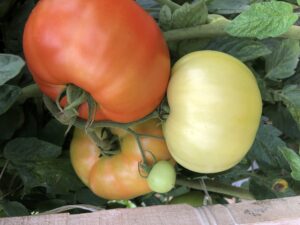
The North Carolina Tomato Growers Association recently hosted the Winter Vegetable Meeting in February. Attendees were asked a series …
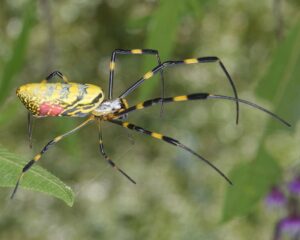
Similar to murder hornets in 2020, the Joro spider is having its five minutes of fame! Recent headlines across …
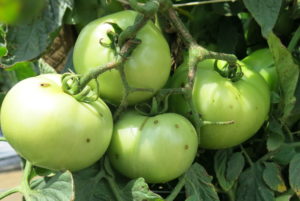
Anyone who grows tomatoes in North Carolina, from homeowners to commercial growers, eventually finds their crop is affected by …
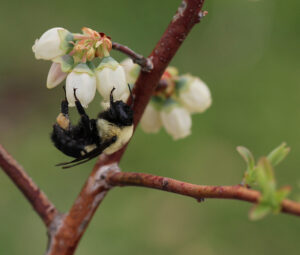
The Chatham County Center of North Carolina Cooperative Extension conducted two blueberry production webinars in November-December 2021. NC State …
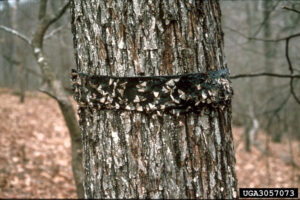
It’s hard not to love this time of year between the spectacle of fall colors and the reprieve of …
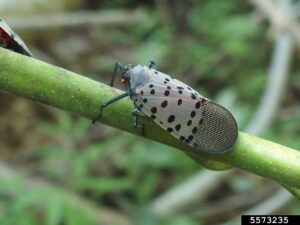
Note: On June 23, 2022 (6 months after this article was published), the spotted lanternfly was detected in North …
The US Environmental Protection Agency requires that all individuals working with pesticides labeled for respiratory protection complete the following …
For private pesticide applicators still needing their required 2 hours of training in each of the X and V …
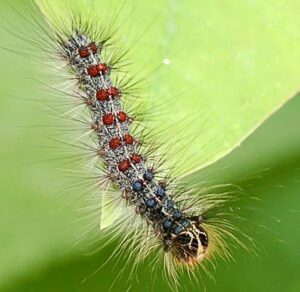
When we think of insects, rarely do we think, “Wow, look at that beautiful Danaus plexippus!” In both conversation …
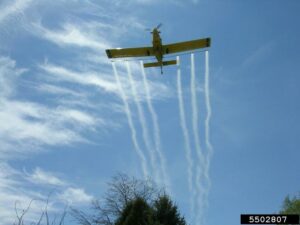
This month, the N.C. Department of Agriculture and Consumer Services is beginning treatments for Lymantria dispar (formerly known as ‘gypsy moth’) at …
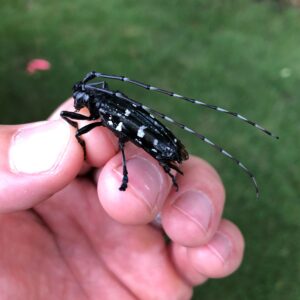
Original article written by Laura Oleniacz for NC State News, published May 25, 2021. If you’re planning to try to …
Free Pesticide Applicator Credits Available Thursday April 29th, 2021 In person or over Zoom Class 1: 5:30-6:30 1 Hr. pesticide credit L, N, …
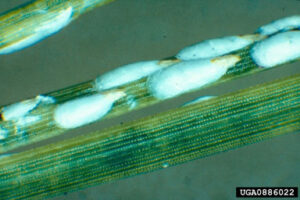
It’s not just baby birds that hatch from eggs each spring. In the next several weeks, pine needle scale …
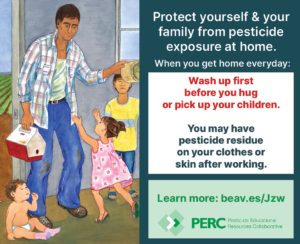
How can you encourage farmworkers and their families to use practices that minimize the risk of pesticide exposure? The …
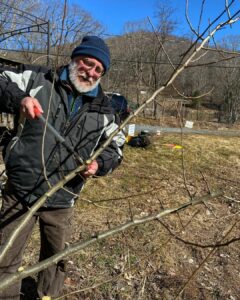
Dormant Sprays for Fruit Trees (emphasis on apple, pear, and peach) in Western NC: suitable for organic production -by Richard Boylan, …
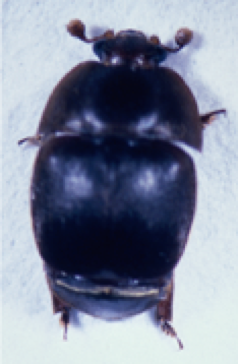
This factsheet describes the small hive beetle, its life cycle and how to prevent infestations …
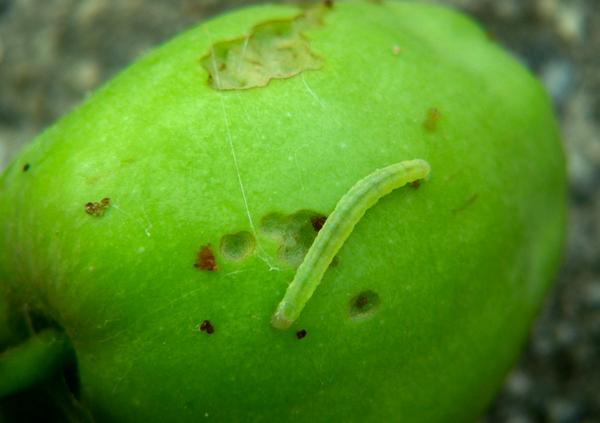
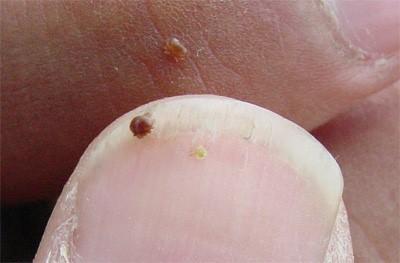
It is the goal of every beekeeper to maintain healthy, productive colonies. This can only …

This manual prepares pesticide applicators for Forest Pest Control Certification exams in the following states: …
To apply restricted-use pesticides to agricultural commodities, you must be certified or be supervised by …

This factsheet offers information on the biology and management of the emerald ash borer, an …

Black root rot impacts a range of woody and herbaceous ornamental plant species primarily in …
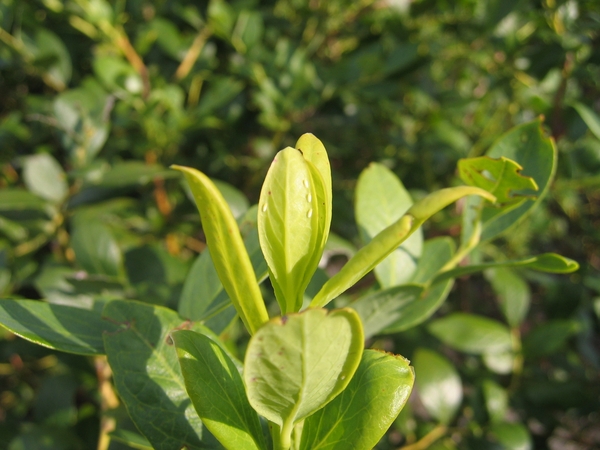
Whiteflies (Hemiptera: Aleyrodidae) are small (< 0.12 inch) and highly diverse insects that feed on …